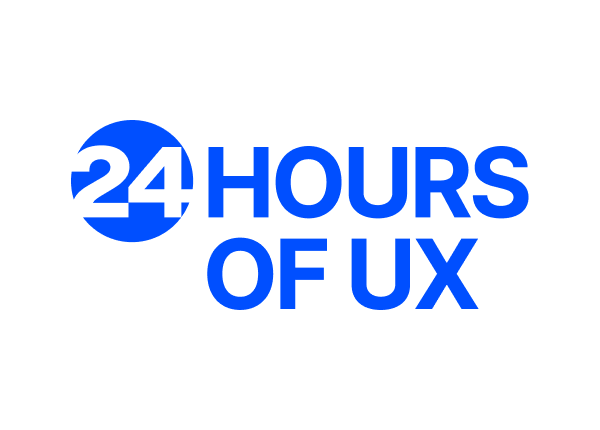Human error is a misnomer.
Technology today is too hard to use. A cell phone should be as easy-to-use as a doorknob. In order to humanize a world that uses technology as an infrastructure for education, healthcare, government, communication, entertainment, work, and other areas, we must agree to develop technologies in a way that serves people first.
Technology should enhance our lives, not add to our stress or cause danger through poor design or poor quality. It is our duty to ensure that this technology is effective, efficient, satisfying and reliable, and that it is usable by all people. This is particularly important for people with disabilities, because technology can enhance their lives, letting them fully participate in work, social and civic experiences. Human error is a misnomer. Technology should be developed knowing that human beings have certain limitations. Human error will occur if technology is not both easy-to-use and easy-to-understand. We need to reduce human error that results from bad design. We believe a united, coordinated effort is needed to develop reliable, easy-to- use technology to serve people in all aspects of their lives, including education, health, government, privacy, communications, work and entertainment. We must put people at the center of design, beginning with their needs and wants, and resulting in technology that benefits all of us. Therefore, we, the undersigned, agree to work together to design technology that helps human beings truly realize their potential, so that we can create a better world for ourselves and future generations.
We agree to observe World Usability Day each year, to provide a single worldwide day of events around the world that brings together communities of professional, industrial, educational, citizen and governmental groups for our common objective: to ensure that technology helps people live to their full potential and helps create a better world for all citizens everywhere.
ARTICLE 1: EDUCATION
Wired and wireless schools are appearing everywhere. Students around the world benefit from low-cost, easy-to-use, reliable computing, Internet access, and telecommunication. Educational technology must be not only affordable and available, but must be usable by teachers, students and parents.
ARTICLE 2: HEALTH
Healthcare must be available to everyone around the world. Medical technology can improve health, but it must be easy-to-use: error in this arena is costly. Because we are what we eat, we need healthier food supplies that will improve the well being of people everywhere. Technology that produces better food for all must be built on research that keeps the whole person in mind.
ARTICLE 3: GOVERNMENT
Governments around the globe seek to use new technology to better serve their citizens and increase participation in the civic experience. Citizens can pay taxes and take care of business online in many countries in the world; this same capability should be available to all, eliminating the digital divide that separates rich from poor or isolates social groups. Voting systems must ensure trust and confidence in elections. Technology that supports civic engagement must give all citizens equal access and opportunity, and must be easy to use and easy to understand by all citizens, including those with disabilities of any kind.
ARTICLE 4: COMMUNICATION
People need to connect with each other. We have more means than ever to communicate: phones, Internet, messaging and the printed medium. Technology that facilitates communication between people must be intuitive to use. It should have instructions that are easy to understand, and knobs, dials and buttons that do not require constant tuning.
ARTICLE 5: PRIVACY AND SECURITY
As the use of technology grows, so do concerns about new forms of e-commerce, e-government and e-communication. We must build in appropriate safeguards to ensure that our interaction is secure, that children and others are protected, and that our systems are trustworthy.
ARTICLE 6: ENTERTAINMENT
Entertainment is not just for our spare time. People use entertainment for many reasons throughout their daily lives. The world of entertainment has embraced technology to give us photos, movies, music and games in new ways and on new devices. But, even amusement benefits from usability! Incomprehensible remote controls, confusing instructions and blinking VCR clocks speak to the need for improvement in our media. Usable entertainment systems will make the experience less tiring and frustrating.










